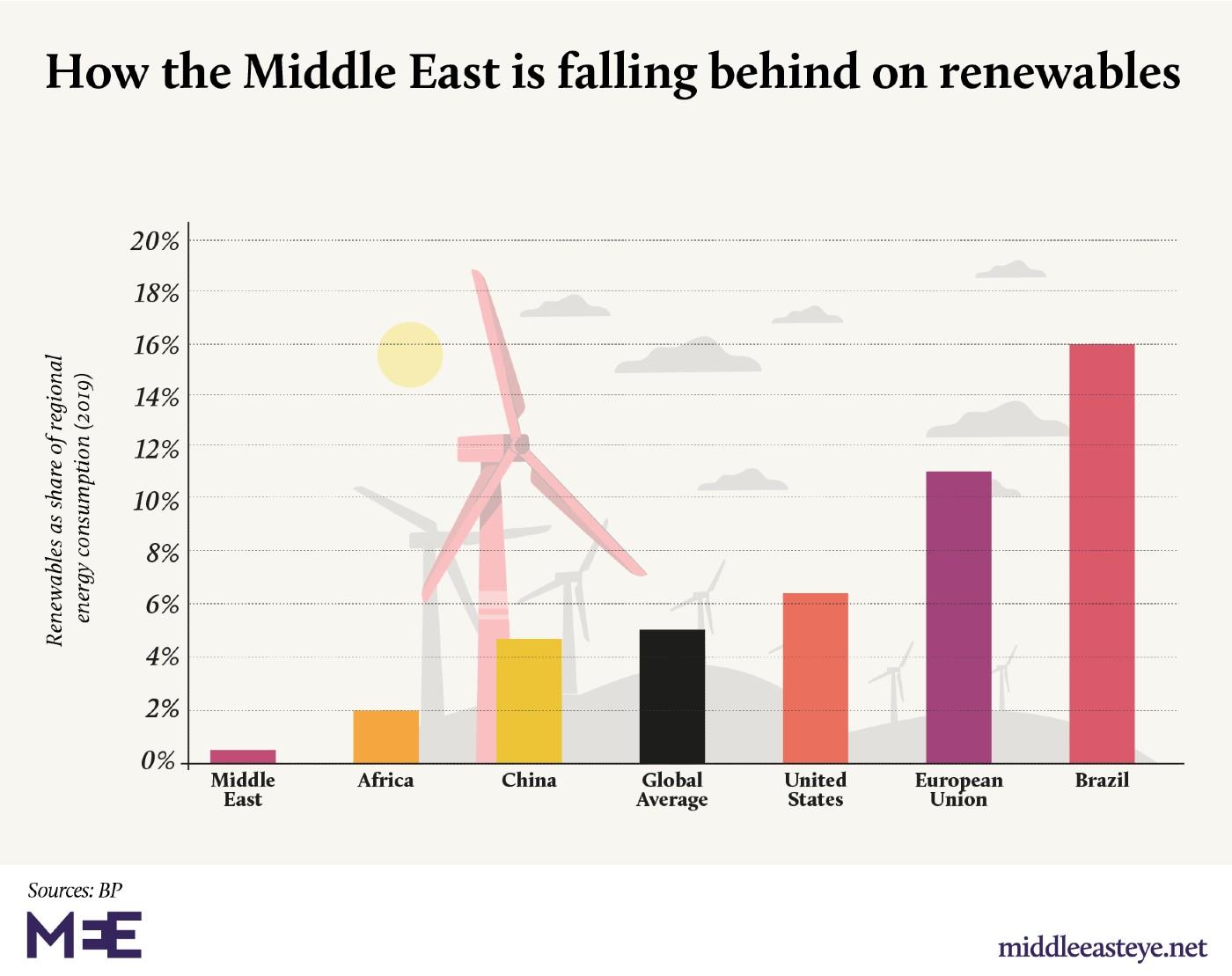The Middle East is shining a light on a sustainable future. According to the International Renewable Energy Agency (IRENA), the region shattered its record for renewable energy capacity in 2023. A surge of 5.1 gigawatts (GW) pushed the total to a new high of 35.54 GW, representing a significant 16.6% increase from the previous year.
This positive trend aligns with global developments. Global green power capacity reached an impressive 3,870 GW in 2023, marking a 13.9% year-on-year growth. This signifies the largest annual increase in sustainable energy capacity ever recorded, with a staggering 473 GW added. Notably, green sources dominated new power additions, accounting for a record-breaking 86%. Solar and wind energy spearheaded this growth, with solar alone contributing nearly three-quarters (346 GW) and wind adding a substantial 116 GW.
While the Middle East is on the right track, challenges remain. Francesco La Camera, Director-General of IRENA, highlighted the need for accelerated efforts. "Despite these unprecedented renewable additions," he remarked, "the world is still falling short of achieving the goal adopted at COP28 to triple installed renewable power capacity by 2030 to reach 11 terawatts (TW)."
Saudi Arabia, a major player in the region's energy sector, is taking significant strides. The kingdom reached a capacity of 2.68 GW in 2023, showcasing its commitment to diversification. This shift towards renewable energy holds immense potential for the country. It can not only ensure long-term energy security but also mitigate the environmental impact of fossil fuel dependence.
The Middle East's embrace of renewables is driven by several factors. The abundance of sunshine makes solar a particularly attractive option. Additionally, the declining costs of renewable energy technologies are making them increasingly competitive with traditional sources. Furthermore, the urgency of addressing climate change is prompting a global shift towards sustainable energy solutions.
The transition towards a greener future in the Middle East presents exciting opportunities. Renewable energy projects can create new jobs, stimulate economic growth, and attract foreign investment. Moreover, by reducing reliance on fossil fuels, the region can improve air quality and public health.
However, significant hurdles need to be overcome. Integrating renewables into existing grids requires substantial investment in infrastructure upgrades. Additionally, developing robust energy storage solutions is crucial to ensure a stable and reliable energy supply.
Despite the challenges, the Middle East's record-breaking year in renewable energy is a cause for optimism. The region is demonstrably moving towards a sustainable future, and with continued commitment and innovation, it has the potential to become a leader in the global clean energy revolution.

